Written by Monika Kiss (2nd edition),

Undeclared work affects both the individual and society. It deprives workers of their necessary social and health protection and imposes precarious working conditions on them. At the same time, it creates unfair competition for companies, and damages public finances and social security systems.
For these reasons, the European Commission proposed on 9 April 2014 the creation of a European Platform against undeclared work to support and coordinate the Member States’ efforts in preventing, deterring and fighting undeclared work.
Following a round of trilogue meetings at which the European Commission, the European Parliament and the Council debated whether or not membership of the Platform should be mandatory for Member States, the extent of its competences and who its members should be, an agreement was forged which was subsequently adopted by Parliament in February 2016.
See also our infographic: ‘Undeclared work in the EU‘.
Versions
- March 2016: European Platform for tackling undeclared work [EU Legislation in Progress] (2nd edition)
| Proposal for a decision of the European Parliament and of the Council on establishing a European Platform to enhance cooperation in the prevention and deterrence of undeclared work | ||
| Committee responsible: | Employment and Social Affairs (EMPL) | COM(2014)221, 9.4.2014 |
| Rapporteur: | Georgi Pirinski (S&D, Bulgaria) | 2018/0124(COD) |
| Shadow rapporteurs: | Romana Tomc (EPP, Slovenia) Anthea McIntyre (ECR, UK) Yana Toom (ALDE, Estonia) Kostadinka Kuneva (GUE/NGL, Greece) Terry Reintke (Greens/EFA, Germany) Tiziana Beghin (EFDD, Italy) |
Ordinary legislative procedure (COD) (Parliament and Council on equal footing – formerly ‘co-decision’) |
| Procedure completed. | Decision (EU) 2016/344 OJ L 65, 11.3.2016, pp. 12-20. |
|


![European Platform for tackling undeclared work [EU Legislation in Progress]](https://theme-one.epthinktank.be/app/uploads/2016/01/eprs-briefing-573945-european-platform-tackling-undeclared-work.jpg)
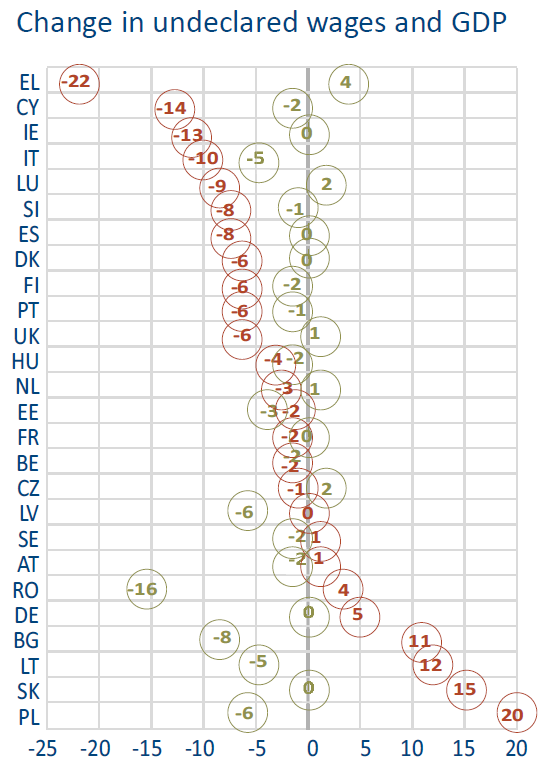
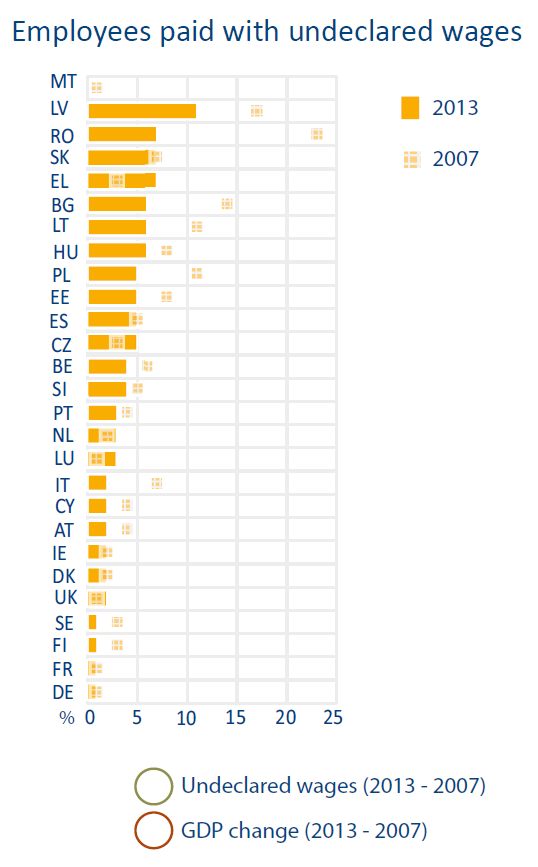
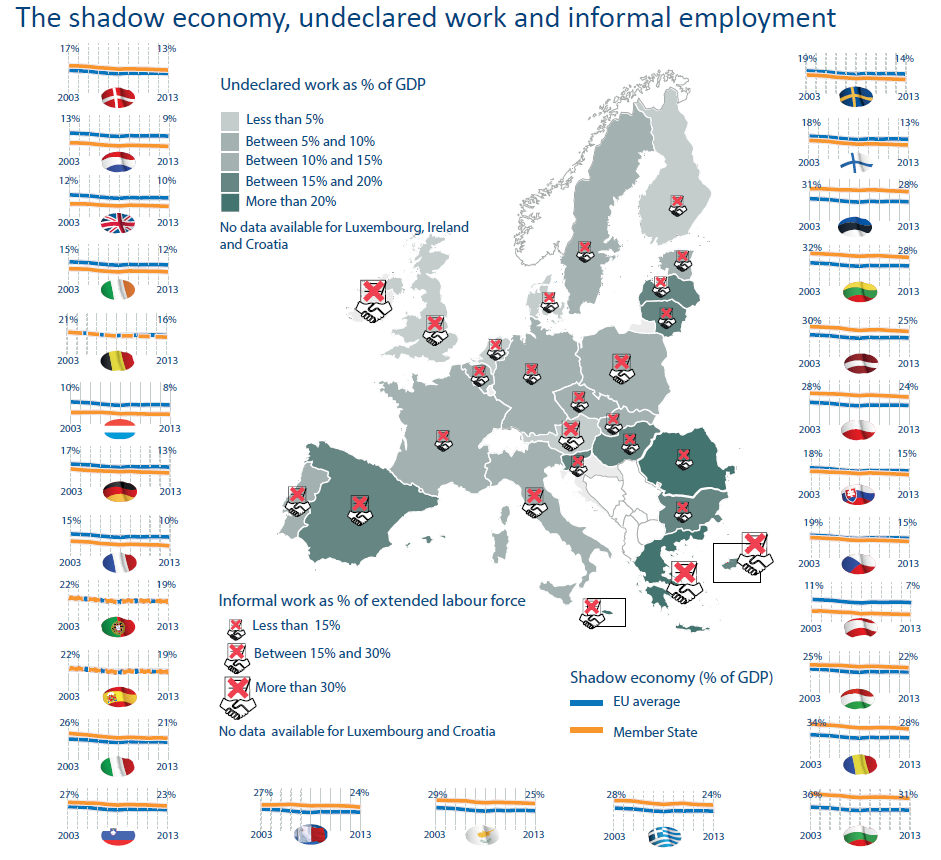
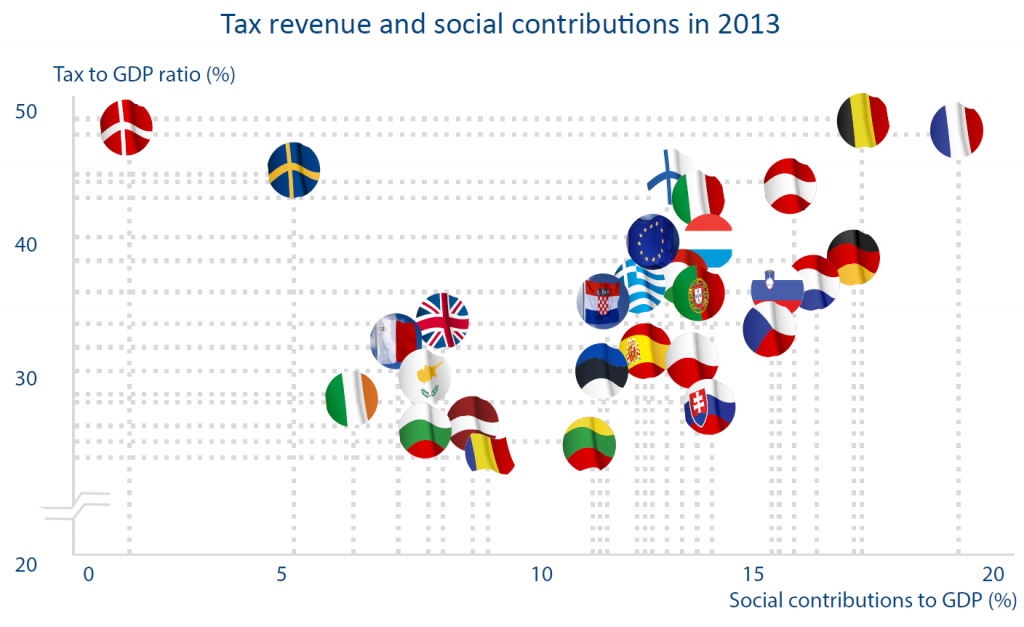
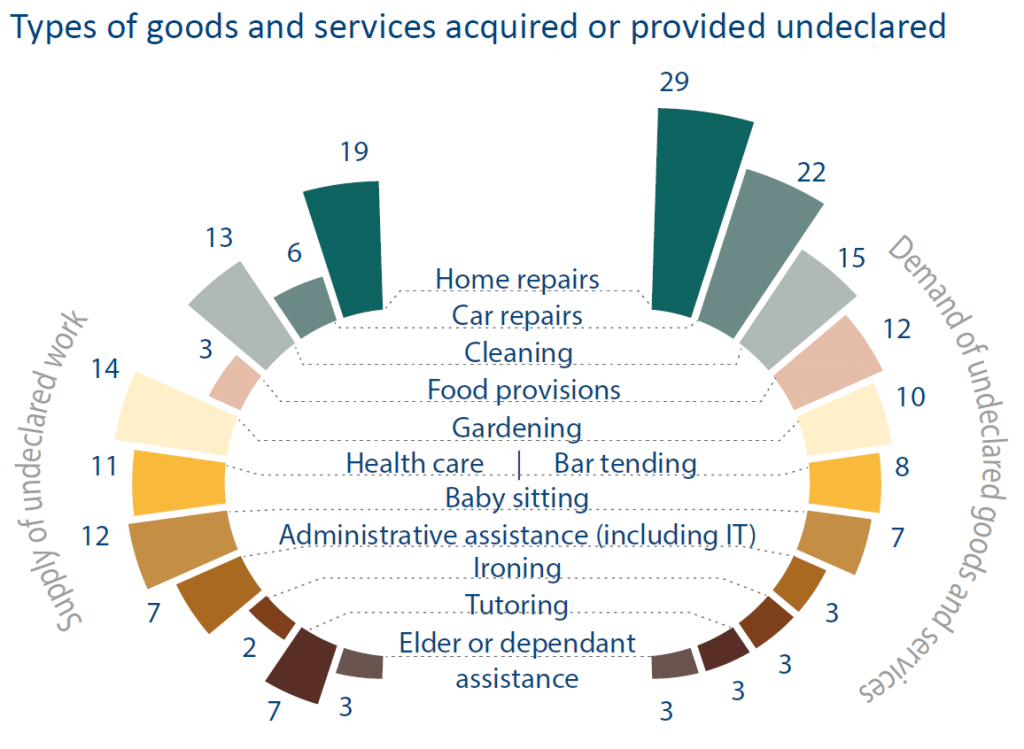
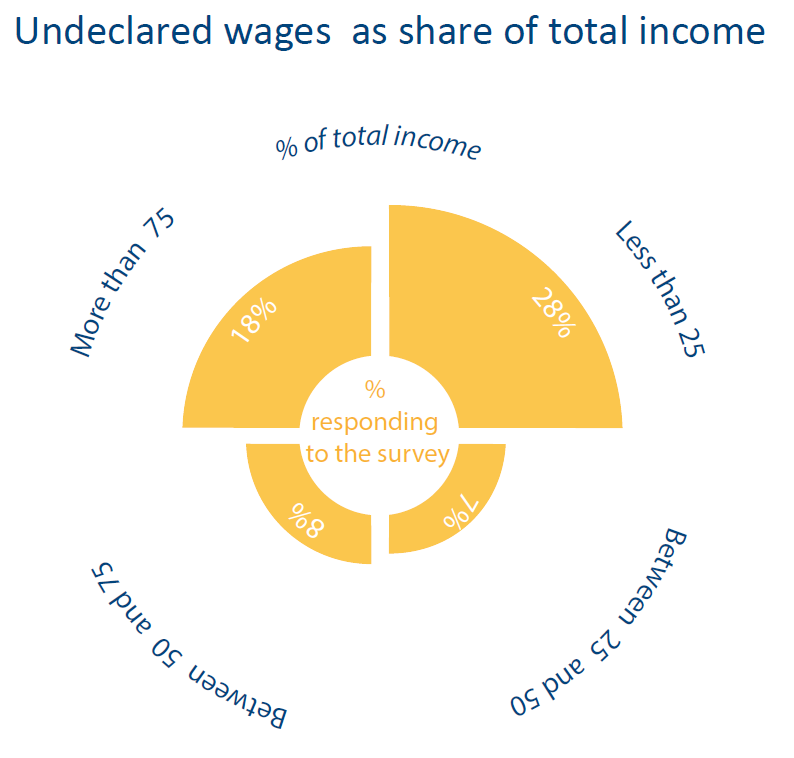






[…] […]